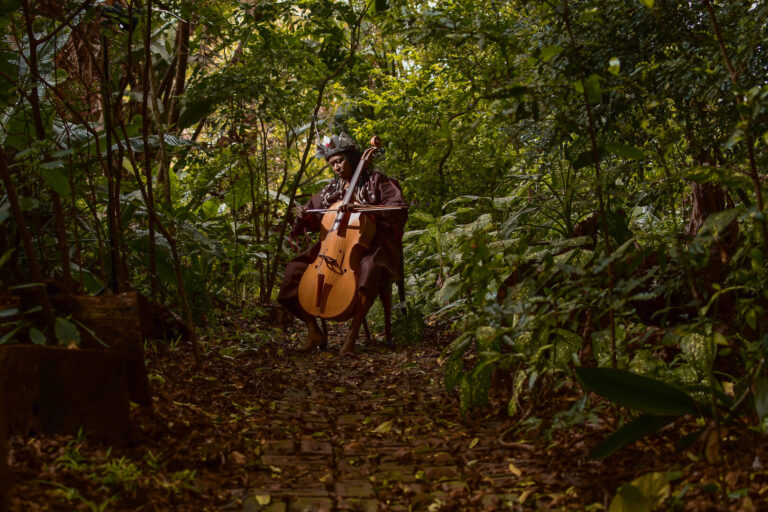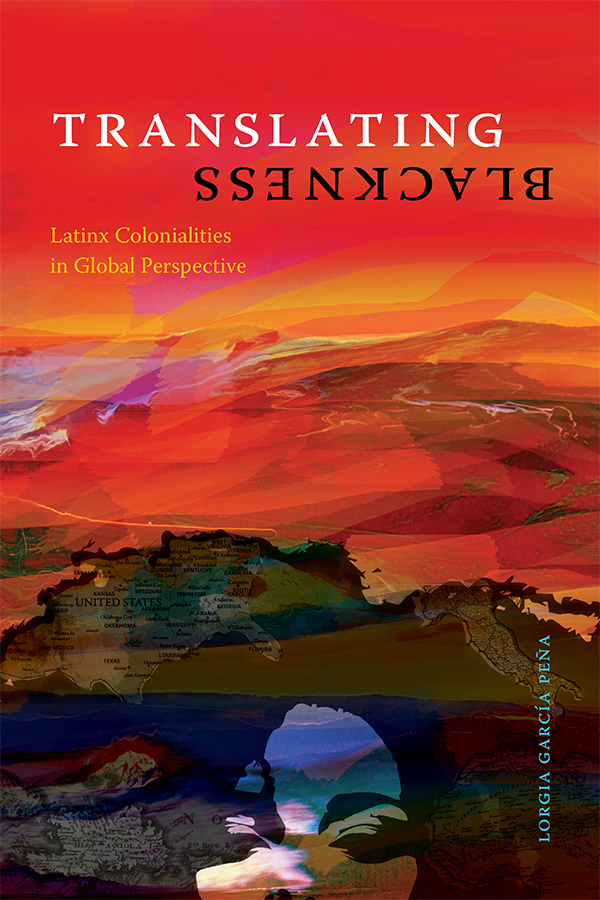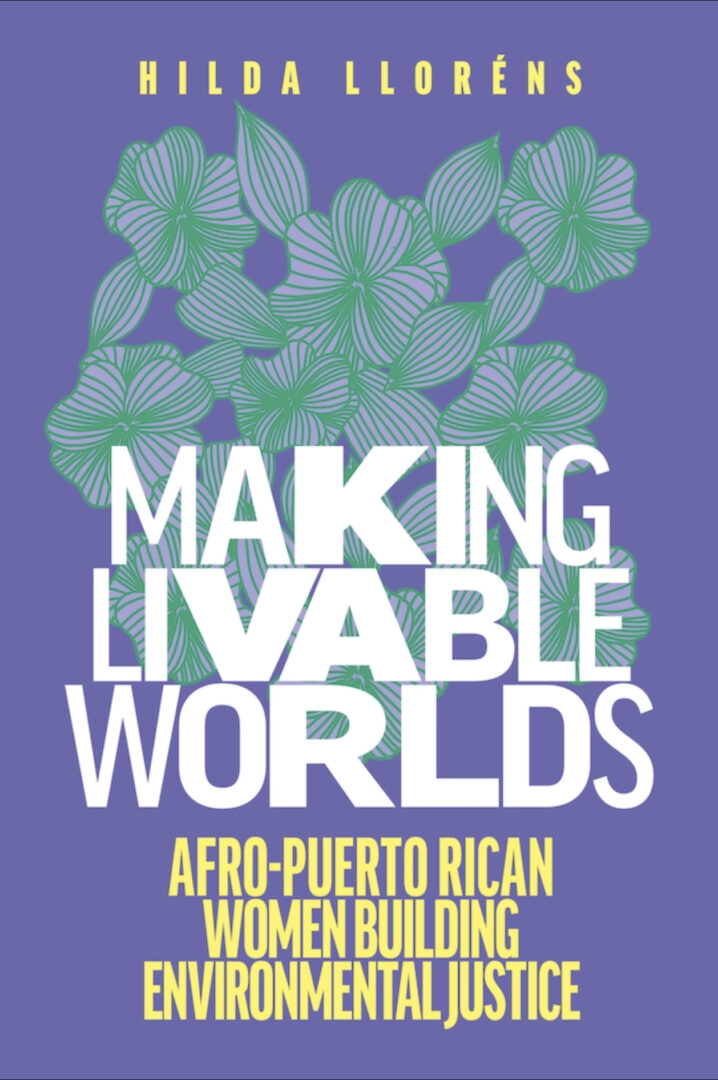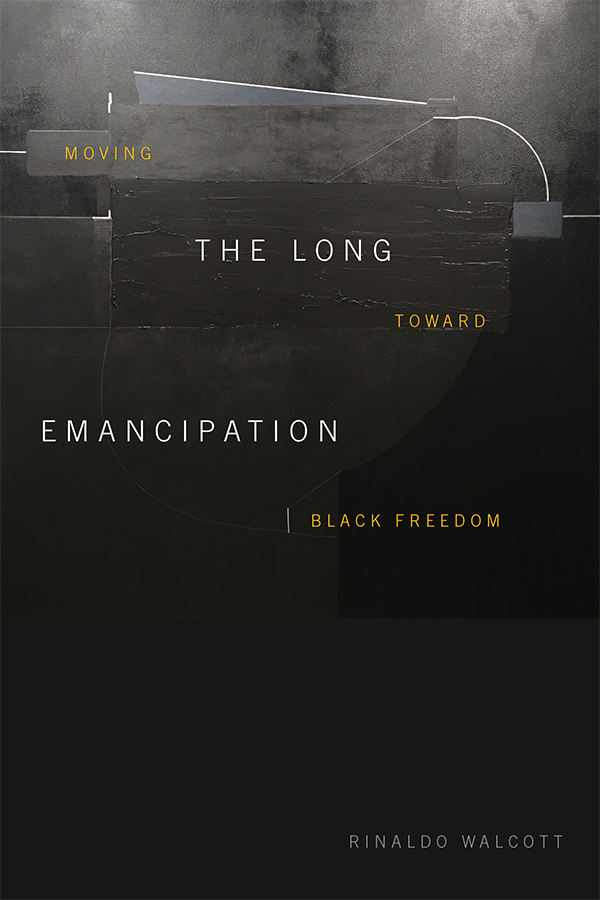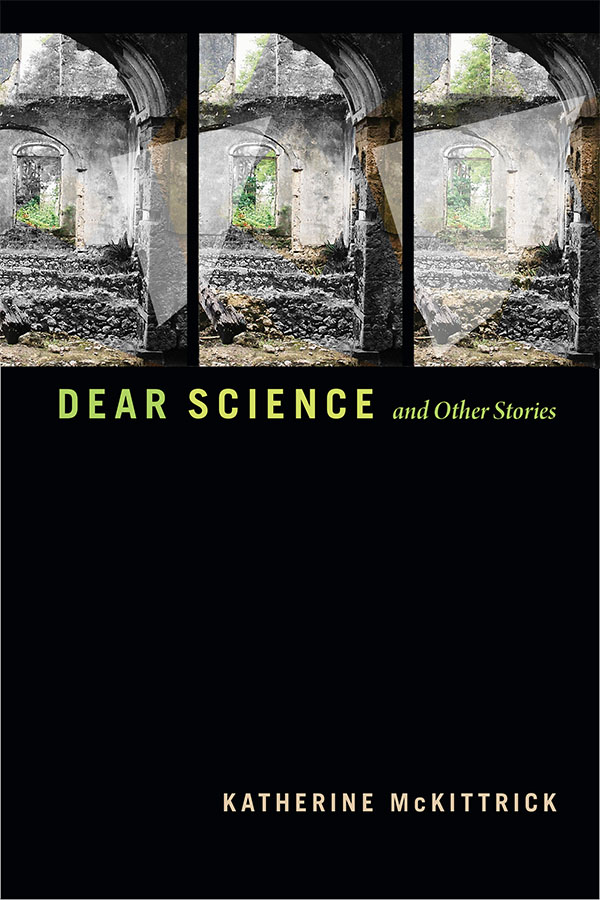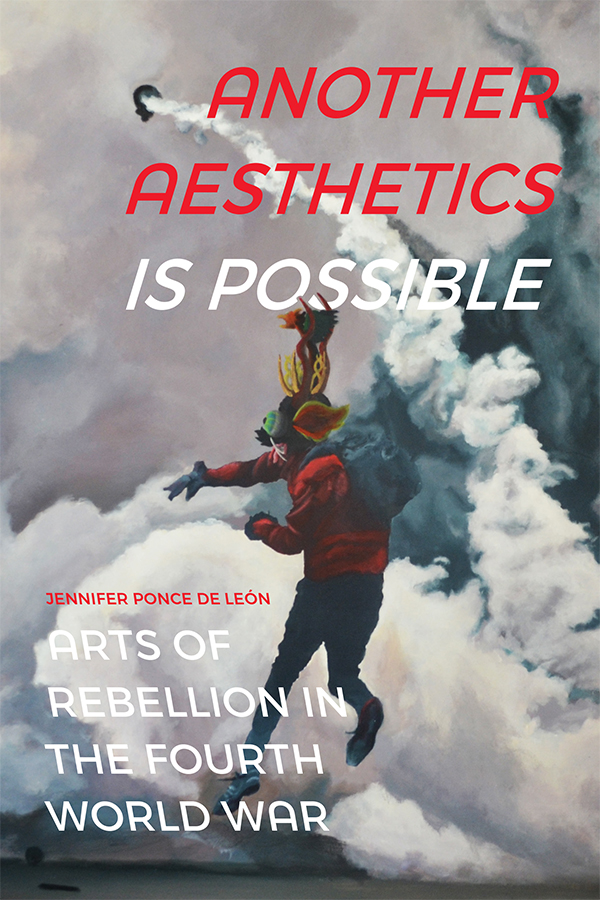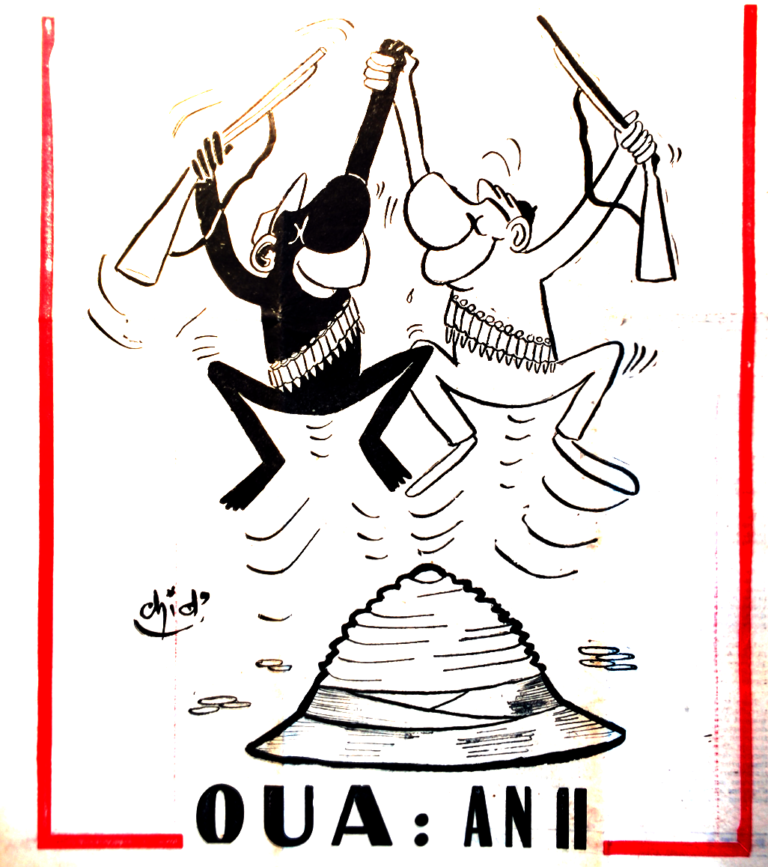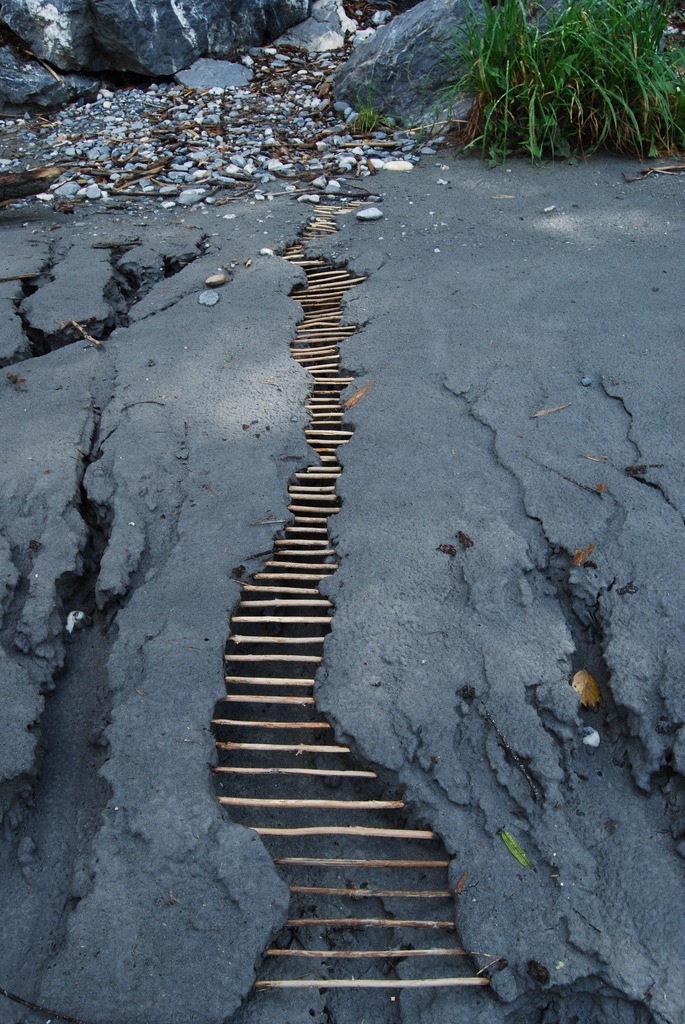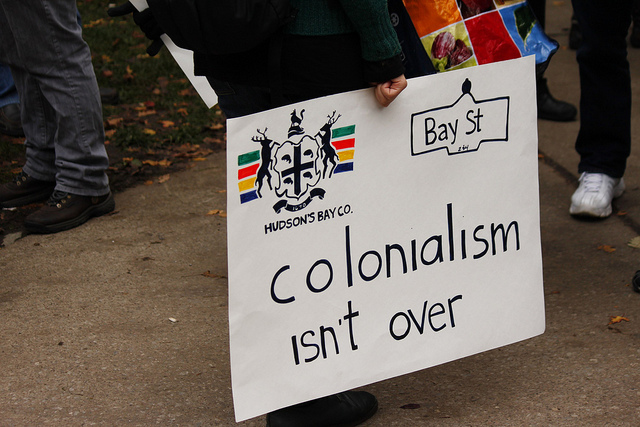This article tracks my intellectual journey in trying to understand the role played by craft specializations before the colonial era in KwaZulu-Natal (South Africa), which is the area where I come from. I do this by a comparative look at how craft specializations happened in other parts of the African continent, an approach prompted by the absence of older written or documentary sources on KwaZulu-Natal, prior to the advent of European colonialism. A key finding of the research is that the cultural and ritual repertoires of craft specialists reveal conceptual domains of expertise that are derived from intra-African regional dynamics. This contrasts with the colonial belief that implied that notions of expertise were as a result of European or Asian human contacts. In looking at craft guilds, I am interested in how ritual, technological skill and the mastery of certain musical/creative acts played a part in the formation of regional blocs in ancient Africa. Such a historical understanding may be crucial to our present-day understanding of emergent processes of regionalization and identity formation.
Keyword: colonialism
Review of Translating Blackness: Latinx Colonialities in Global Perspective by Lorgia García Peña (Duke University Press)
In Translating Blackness, Lorgia García Peña offers a transnational conceptualization of Black Latinidad. Framing Black Latinidad as an epistemology, García Peña traces its historical and contemporary formations through the lives and the work of historical Black Latinx intellectuals as well as contemporary Black and Black Latinx individuals in the Carribean, Italy, and the United States. García Peña approaches Black Latinidad as produced through vaivén—coming and going across physical and symbolic borders of nation-state and migrant-citizen categories that characterizes the sociological position of Black Latinx individuals.
Review of Making Livable Worlds: Afro-Puerto Rican Women Building Environmental Justice by Hilda Lloréns (University of Washington Press)
This review examines Hilda Lloréns’s research into the role that Afro-Puerto Rican women play in advocating for environmental justice and building a sustainable environment in the Puerto Rican archipelago, particularly after the devastation left behind by Hurricanes Irma and Maria in 2017, and the subsequent catastrophic effects of COVID-19 in 2020. Lloréns shows that Afro-Puerto Rican women are able to survive in the face of racial and ecological discriminations and marginalizations, and their survival is emblematic of Puerto Rico’s own survival. The author devotes the entirety of her book to show that as an “ethnographer of home,” as she calls herself, it is essential for people to create livable worlds within which they can survive. Survival in the midst of catastrophic climate change is difficult, Lloréns argues, primarily because Puerto Ricans are often on the receiving end of austerity measures that make their existence tenuous, at best. These austerity measures typically come after a climatic event, and result in limited access to clean water, food, electricity, healthcare, housing, and education, which only serve to exacerbate the desperation that many on the island feel. While this desperation was widespread across the island after the hurricanes in 2017, residents in the southeastern region of the island (predominantly Afro-Puerto Ricans) were even more affected. Lloréns shows how these people used their limited resources to cull an existence out of a seemingly hostile land and create a community that sustained them. Lloréns draws on personal experiences, the experiences of her family, ethnography, anthropology, and interviews to show how vital it is to examine Puerto Rico not as a homogenous space but rather as a heterogeneous one with its unique complexities. And by centering the work and experiences of Black Puerto Ricans, Lloréns gives voice to a group that is largely left on the margins of society, but who demonstrates the importance of building community as a sustaining entity.
Review of The Long Emancipation: Moving Toward Freedom by Rinaldo Walcott (Duke University Press)
In The Long Emancipation: Moving Toward Freedom, Rinaldo Walcott argues, through the use of short essays, that the Black experience can be understood through the lens of the constant struggle for emancipation. For Walcott, true freedom for Black people was never attained with emancipation and in fact, emancipation is still an ongoing process. Each chapter interrogates an aspect of Black life and death that according to Walcott create the space for Black freedom to exist.
Review of Dear Science and Other Stories by Katherine McKittrick (Duke University Press)
With Dear Science and Other Stories, Katherine McKittrick does the work of liberation and enacts new ways of being. Building on her previous studies, this collection engages in a story-sharing, collaborative praxis that emerges from a “black sense of place.” McKittrick’s Black and anti-colonial methodologies are “rebellious,” “relational, intertextual, and interdisciplinary”—thereby “breaching” the “recursive,” “self-replicating” logics of “our present order of knowledge” (44, 2, 23, 163). Dear Science invents, reinvents, and reimagines “being human as praxis” through an aesthetic practice of deciphering theoretical texts, photographs, sounds, dance, and song (159). Illustrating her commitment to Black intellectual life, McKittrick writes, listens, and feels in communion with other creatives. In so doing, McKittrick skillfully bursts open the gatekeeping conventions that limit thought, and challenges readers to question what they think they know.
Review of Another Aesthetics is Possible: Arts of Rebellion in the Fourth World War by Jennifer Ponce de León (Duke University Press)
In Another Aesthetics is Possible, Jennifer Ponce de León looks at recent aesthetic practices in Argentina, Mexico, and the United States that shift the commonsense of history, space, and violence in order to usher in an anticapitalist and anticolonial world. With an expansive archive and a method that combines interviews, journalism, and close formal readings of art–activist practices, Ponce de León demonstrates the importance of aesthetics—and of aesthetic criticism—for making another world possible.
“Incommensurate Ontologies”? Anti-Black Racism and the Question of Islam in French Algeria
In recent years, scholars and activists in France and the United States have questioned whether discrimination against Muslims constitutes a form of racism. In France, some on the left have claimed that religion is a category of belief and therefore should remain separate from discrimination based on skin color or other physical characteristics. In the United States, Afropessimist approaches insist on the specificity of anti-Black racism, rooted in the historical difference between the native and slave. This article, by contrast, argues that race and religion should be studied relationally and highlights how being Muslim exceeded the frame of personal conviction in colonial Algeria, where religious identity was the basis of a political and economic project that were constructed in their wake. The works of Frantz Fanon are particularly instructive in this regard, as he insisted on viewing Blackness as fundamentally relational and also drew on his analysis of anti-Black racism in mainland France to understand the dynamics of settler colonialism in Algeria. The porous line between religious and racial categories also sheds light on discussions of sectarianism in the Middle East more broadly, as colonial regimes irrevocably shaped the contours of the nation-state that were constructed in their wake. Postcolonial sectarianism inherited the intimate relationship between race and religion constructed by empire.
Review of Postcolonial Grief: The Afterlives of the Pacific Wars in the Americas by Jinah Kim (Duke University Press)
Jinah Kim’s Postcolonial Grief engages with the transnational politics of grief, mourning, and militarization across the Pacific. By examining literature and film produced by Japanese and Korean persons across the Asian diaspora, Kim reveals the ways in which loss and melancholia act as insurgent cultural forces. She considers how, despite silencing mechanisms which valorize narratives of reconciliation and pathologize the grief of colonized subjects, colonialism continues to haunt the present. A rich engagement with the overlapping histories of violence across the Pacific, Kim effectively and carefully considers the relationship between liberal narratives of reconciliation, loss, and colonial violence.
Review of Postcolonial Nations, Islands, and Tourism: Reading Real and Imagined Spaces by Helen Kapstein (Rowman & Littlefield International)
Helen Kapstein’s book Postcolonial Nations, Islands, and Tourism: Reading Real and Imagined Spaces positions tourism as a form of colonialism. Specifically, the author lays out the similarities between different forms of modern day tourism and how they reflect colonial practices, with reference to three foundational values: surveillance, control, and consumption. Kapstein’s book is a riveting read and is perfect for those interested in post-colonialism, tourism, the creation of real and imagined spaces and desire studies.
Ongoing Colonial Violence in Settler States
Response to J. Kēhaulani Kauanui, “A Structure, Not an Event: Settler Colonialism and Enduring Indigeneity,” published in Lateral 5.1. Jafri articulates how a critical race feminist/queer lens makes possible thinking that sees the repetitions of racialized, gendered, sexualized colonial violence.
Forum Introduction: Emergent Critical Analytics for Alternative Humanities
Edited by Chris A Eng and Amy K King, this first of a two-part forum identifies and contemplates the emergent potential of four analytics for imagining alternative humanities. Structuring thought across disciplines, these analytics resonate strongly with the specific ways that cultural studies shifted, developed, and refined its ideas and focus: J. Kēhaulani Kauanui takes up settler colonialism; Kyla Wazana Tompkins, New Materialism; Julie Avril Minich, disability; and Jodi Melamed, institutionality.
“A Structure, Not an Event”: Settler Colonialism and Enduring Indigeneity
J. Kēhaulani Kauanui discusses the distinctive shifts toward examining Patrick Wolfe’s theory of settler colonialism as ‘a structure, not an event.’ Kauanui argues that a substantive engagement with settler colonialism also demands a deep rethinking of the associated concept of indigeneity–distinct from race, ethnicity, culture, and nation(ality)–along with the field of Native American and Indigenous Studies.
